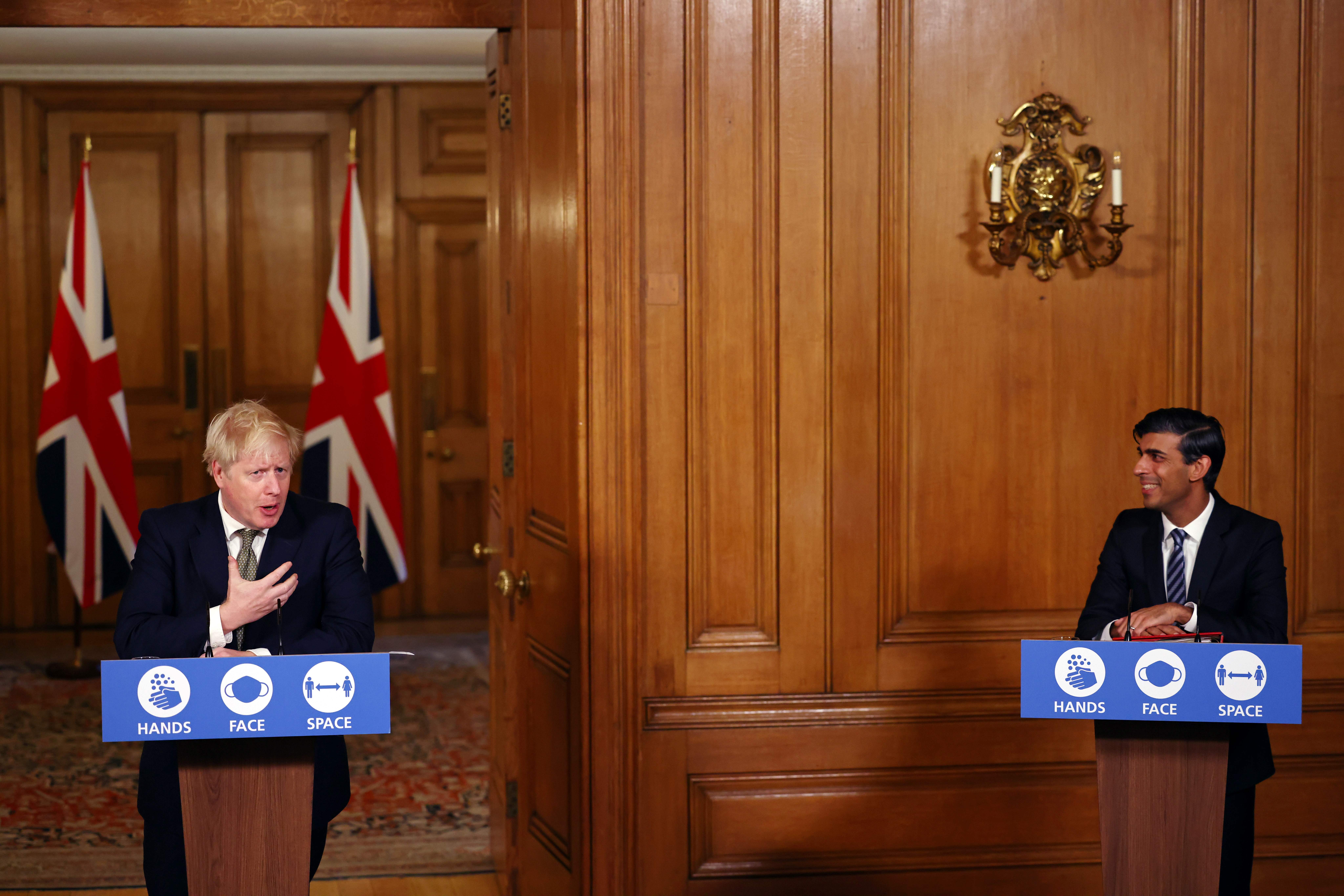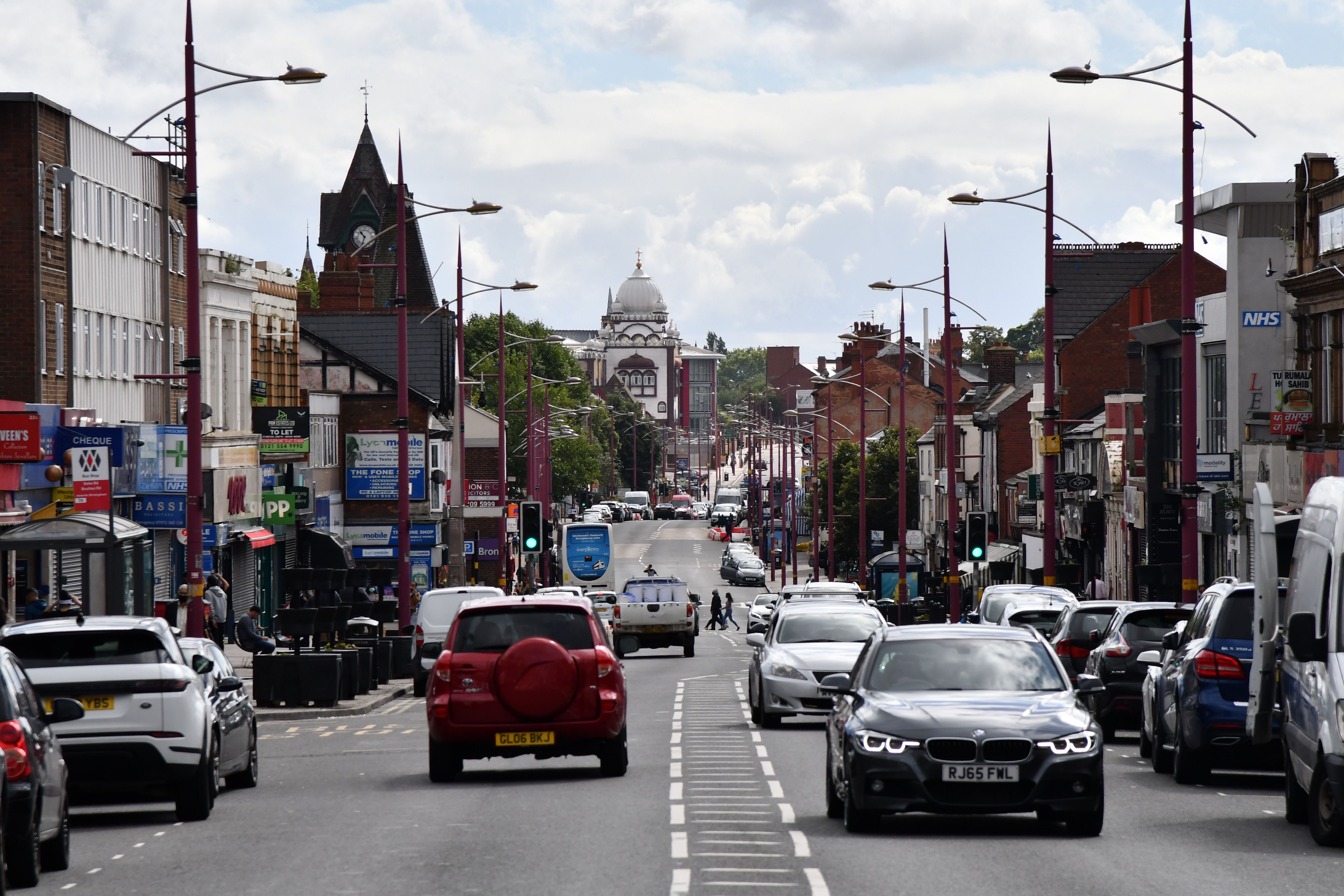Government lacks ‘clear vision’ for how taxes could help UK reach net zero, MPs warn
A report from the Public Accounts Committee said government’s financial departments ‘could not explain’ the role that taxes will play in achieving net zero

Your support helps us to tell the story
From reproductive rights to climate change to Big Tech, The Independent is on the ground when the story is developing. Whether it's investigating the financials of Elon Musk's pro-Trump PAC or producing our latest documentary, 'The A Word', which shines a light on the American women fighting for reproductive rights, we know how important it is to parse out the facts from the messaging.
At such a critical moment in US history, we need reporters on the ground. Your donation allows us to keep sending journalists to speak to both sides of the story.
The Independent is trusted by Americans across the entire political spectrum. And unlike many other quality news outlets, we choose not to lock Americans out of our reporting and analysis with paywalls. We believe quality journalism should be available to everyone, paid for by those who can afford it.
Your support makes all the difference.The government’s understanding of how taxes could help Britain reach its climate goals is marred by a “lack of leadership and coordination”, MPs have warned.
A stark report from the Public Accounts Committee said that the Treasury and HM Revenue and Customs have no “clear vision” of how taxes could help the UK meet its legal target of net-zero emissions by 2050.
“We [are] concerned that HM Treasury and HMRC – the departments responsible for the strategic oversight and administration of the tax system – have taken a very limited view of the role of tax so far,” the report reads.
“They could not explain clearly to us how the tax system is used in achieving the government’s environmental goals.”
The UK was the world’s first major economy to set a target of reaching net-zero emissions by 2050 – and last week Boris Johnson announced that the government will aim to slash emissions by 78 per cent on 1990 levels by 2035 as a key “stepping stone” towards this goal.
Meeting the target will require far-reaching changes across the economy, from power and industry to food and farming, according to the UK’s independent climate advisers.
Britain’s tax system is an “important instrument” for helping to achieve those needed changes, the committee says, but the government has yet to clearly set out the role it should play.
Rishi Sunak came under fire last month after announcing in his Budget that the government would freeze fuel duty for the 11th year in a row. Analysis by the climate website Carbon Brief has estimated that, since 2010, the fuel duty freeze has caused the UK’s CO2 emissions to be up to 5 per cent higher than they would have been.

The government has also faced calls to bring in new financial measures to encourage green behaviours, including tax incentives to encourage the uptake of electric cars.
Meg Hillier, the Labour politician who is chair of the Public Accounts Committee, said the government needed to release a clearer plan for how Britain’s tax system could be harnessed to reach net zero ahead of Cop26, a key UN climate summit that will be hosted in the UK in around six months’ time.
“The economic revolution required to abandon fossil fuels and reach net zero must be the greatest coordinated ask of governments around the globe in history,” she said.
“But the UK government has been blithely issuing ever more ambitious climate targets for years now, with no sign of a roadmap to reach any of them. The departments in charge seem stuck in a bygone era, with little sign of the innovative thinking needed to achieve all this.
“Now we are six months from hosting the next major global climate summit and the climate storm is breaking all around us. HMRC and HMT [the Treasury] need to catch up fast.”
In addition to having no clear plan for how the tax system could be best harnessed to meet the country’s climate goals, the government also has little idea of how existing climate policies could affect tax revenue, the committee says.
For example, the Treasury currently “cannot explain” how it will manage declining revenues from fuel duty as Britons increasingly switch over to electric cars to be in line with the government’s target to end the sale of new petrol and diesel cars by 2030, the report says.
The warning comes after a separate report from the Public Accounts Committee released in March warned that the government also had “no plan” for how it will achieve its net-zero target in practice. At the time, a government spokesperson described the report’s findings as “nonsense”.
The Treasury is due to imminently set out its strategy for how to fund the UK’s net-zero goal.
This review offers the “perfect opportunity” for setting out a clear strategy for how Britain’s tax system could be used to help the country reach net zero, said Dr Jonny Marshall, head of analysis at the Energy and Climate Intelligence Unit, a London-based not-for-profit.
“Aligning all tools of government behind net zero is key to ensuring that the transition takes place as quickly and as cheaply as possible,” he said.
“Rectifying a tax system that subsidises high carbon heating and favours higher-emitting modes of transport will avoid steeper emissions reductions in other parts of the economy. It will also provide clear market signals to allow the private sector to take on a lot of heavy lifting in cutting carbon, removing costs from state books.
“A holistic look at the whole system can ensure that changes are made well and made once, capitalising on public backing for polluting products costing more and setting the UK up to hit its world-leading carbon targets.”
A government spokesperson said: “We’re leading the world in building back better and greener from the pandemic.
“We were the first major economy to commit to net zero by 2050 and one of the first to [pledge to] phase out petrol and diesel cars by 2030, and just last week we announced more ambitious carbon emissions targets. But this is about policies not just targets, which is why the prime minister has outlined an ambitious 10-point plan to achieve our environmental goals.”
Join our commenting forum
Join thought-provoking conversations, follow other Independent readers and see their replies
Comments